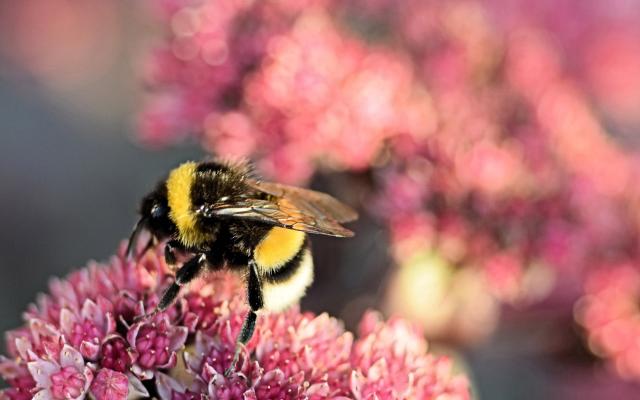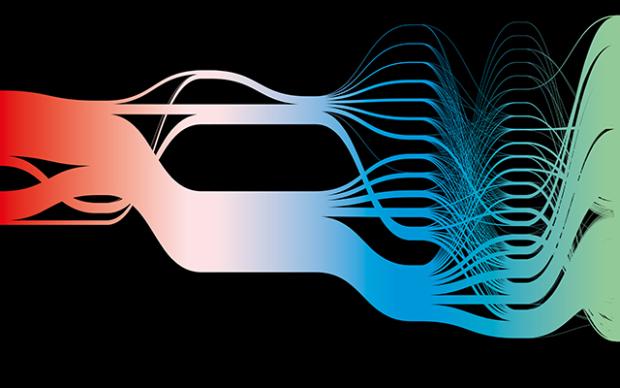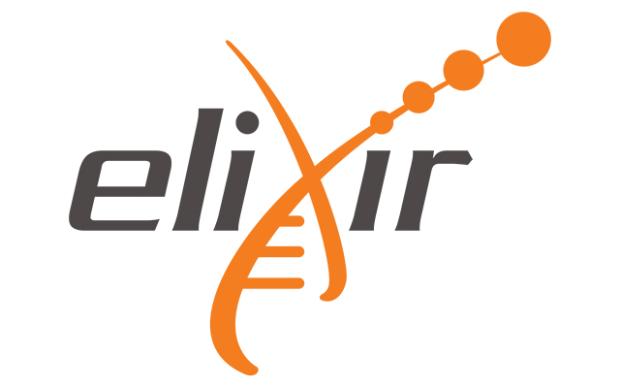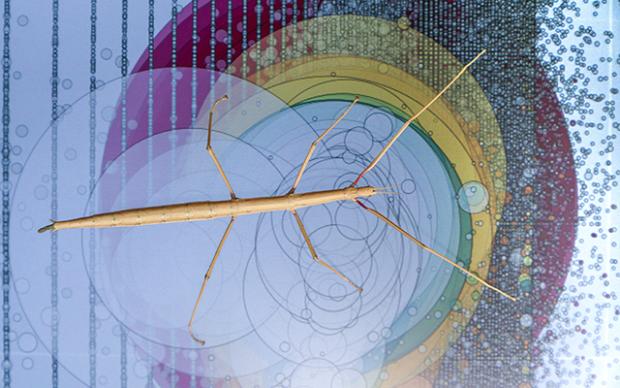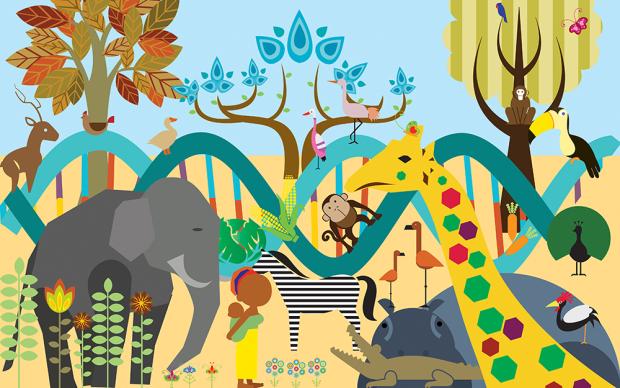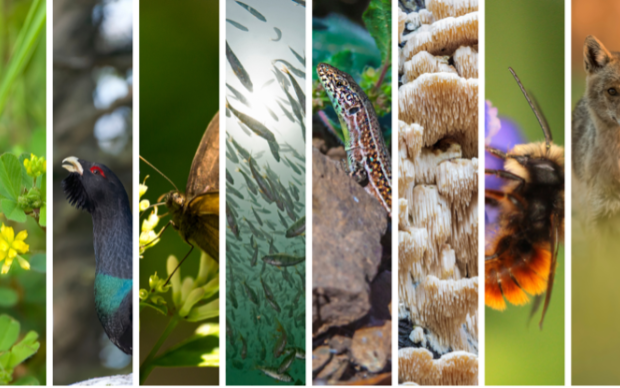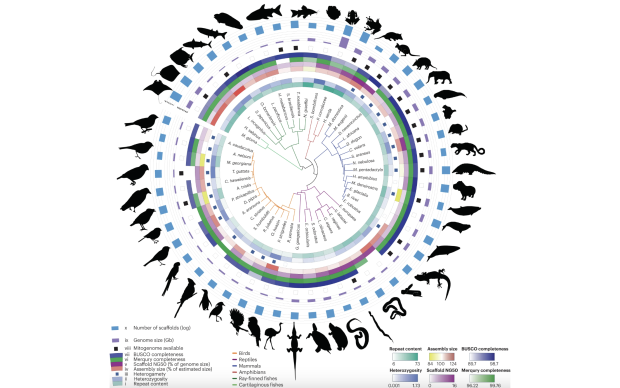Focus on the group's mission
To protect and restore the environment that sustains humankind we need to understand it. The Environmental Bioinformatics Group, led by Robert Waterhouse, is developing data science solutions to address this challenge. It builds on the institute’s capacities in coordinating biodata resources and developing data science tools and services to contribute to planetary preservation and restoration by addressing the global crisis and delivering direct benefits for society.
By meeting key needs in biodiversity data collection, integration, and analysis, the team delivers tools and services to support data-driven, empirically informed, and model-guided policies and actions. It thereby contributes to strongly position Switzerland on environmental issues at national and international levels.
Data science solutions to address environmental challenges
Improved data integration and interoperability greatly enhance the potential of biodiversity and environmental data to guide and assess efforts to restore and protect vital ecosystems. The group develops data science solutions, including tools and services, to advance three principal axes:
- the stewardship of data collection, concurrently with metadata, into open repositories;
- the integration of resources to enhance interoperability across biodiversity data platforms;
- the development of modelling and artificial intelligence approaches to capitalise on the rich and connected data for enhanced analysis.
This is done through:
- Supporting the FAIRification of environmental/biodiversity data and building Research Data Management capacity amongst researchers, e.g. ERGA Knowledge Hub;
- Fostering synergies among SIB Groups active in environmental sciences and agriculture.
A focus on three key data types: genomics, observations, literature
Understanding the environment and its biodiversity relies on diverse data sources. Increasingly, this includes high-throughput genomic data from DNA sequencing (more about our work in Biodiversity Genomics Europe), and species observations powered by AI-supported analysis of images, sounds, and environmental DNA (more about our work in Biodiversity Meets Data). These are complemented by scientific literature – an extensive yet complex resource that requires careful extraction and processing to enrich biodiversity knowledge (more on our commitment to liberate biodiversity knowledge from scientific literature through the Disentis roadmap). Together, these three data pillars shape the mission of the SIB Environmental Bioinformatics group, driving projects and collaborations in Switzerland, Europe, and globally.
Connecting to national and international stakeholders
In Switzerland and internationally, there is growing recognition of the need to connect institutes and agencies to bring researchers and practitioners together and coordinate efforts to address environmental challenges. The Environmental Bioinformatics group builds connections by participating in community initiatives and projects:
- The Earth BioGenome Project (EBP) aims to sequence, catalogue and characterize the genomes of all of Earth’s eukaryotic biodiversity over a period of ten years. Robert Waterhouse chairs its Governance Committee.
Find out what we bring to the EBP project
- The European Reference Genome Atlas (ERGA) initiative is the European node of the EBP, and a community effort to coordinate the production of high-quality reference genome sequences of eukaryotic species in Europe. Robert Waterhouse chairs the ERGA initiative.
- The Biodiversity Genomics Europe (BGE) project brings together the DNA barcoding (iBOL Europe) and reference genome (ERGA, see above) networks to accelerate the use of genomic science to enhance understanding of biodiversity.
- The ELIXIR Biodiversity Community is building connections across the many infrastructures and services active in biodiversity research within and beyond ELIXIR. Robert Waterhouse is a Community co-lead as well as co-leading ELIXIR’s priority area on "Biodiversity, Food Security, and Pathogens" for the Scientific Programme 2024-2028.
- Buzan E, de Guttry C, Bortoluzzi C, Street NR, Lucek K, Rosling A, Ometto L, Mouton A, Marins LS, Ruiz-López MJ, Melo-Ferreira J, Ottosson E, Mazzoni CJ, Waterhouse RM. Biodiversity Genomics Research Practices Require Harmonising to Meet Stakeholder Needs in Conservation. Mol Ecol 2025;34(23):e70001
- 2023 Biodiversity: an atlas of European reference genomes https://doi.org/10.1038/d41586-023-02229-w
- 2023 The ELIXIR Biodiversity Community: Understanding short- and long-term changes in biodiversity https://doi.org/10.12688/f1000research.133724.1
- 2023 How genomics can help biodiversity conservation https://doi.org/10.1016/j.tig.2023.01.005
- 2022 Recommendations for connecting molecular sequence and biodiversity research infrastructures through ELIXIR https://doi.org/10.12688/f1000research.73825.2
- 2022 Assessing species coverage and assembly quality of rapidly accumulating sequenced genomes https://doi.org/10.1093/gigascience/giac006
- 2022 A targeted amplicon sequencing panel to simultaneously identify mosquito species and Plasmodium presence across the entire Anopheles genus https://doi.org/10.1111/1755-0998.13436
- 2021 RADSex: A computational workflow to study sex determination using restriction site-associated DNA sequencing data https://doi.org/10.1111/1755-0998.13360
- 2021 Genus-wide characterization of bumblebee genomes provides insights into their evolution and variation in ecological and behavioral traits https://doi.org/10.1093/molbev/msaa240
- 2021 Summary Visualizations of Gene Ontology Terms With GO-Figure! https://doi.org/10.3389/fbinf.2021.638255
Members
View our group members here


